Address
1st floor B Wing Dinath Terrace Lady Jamshedji Road Landmark : Opposite City Light Theatre, , Mahim, Mumbai, Maharashtra 400016
Work Hours
Mon to Sat: 3PM - 7PM
Overview | Treatment | Surgery | Precautions | After Surgery Care
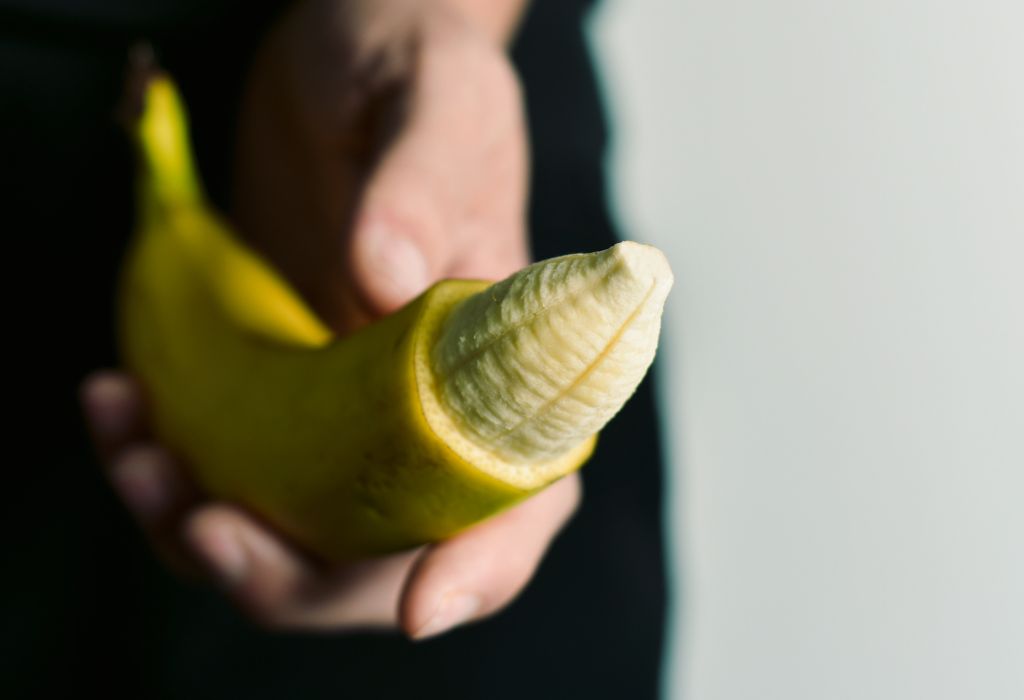
Circumcision is the surgical removal of the skin covering the tip of the penis. The procedure is fairly common for newborn boys in certain parts of the world, including the United States. Circumcision after the newborn period is possible, but it’s a more complex procedure.
For some families, circumcision is a religious ritual. The procedure can also be a matter of family tradition, personal hygiene or preventive health care. For others, however, circumcision seems unnecessary or disfiguring
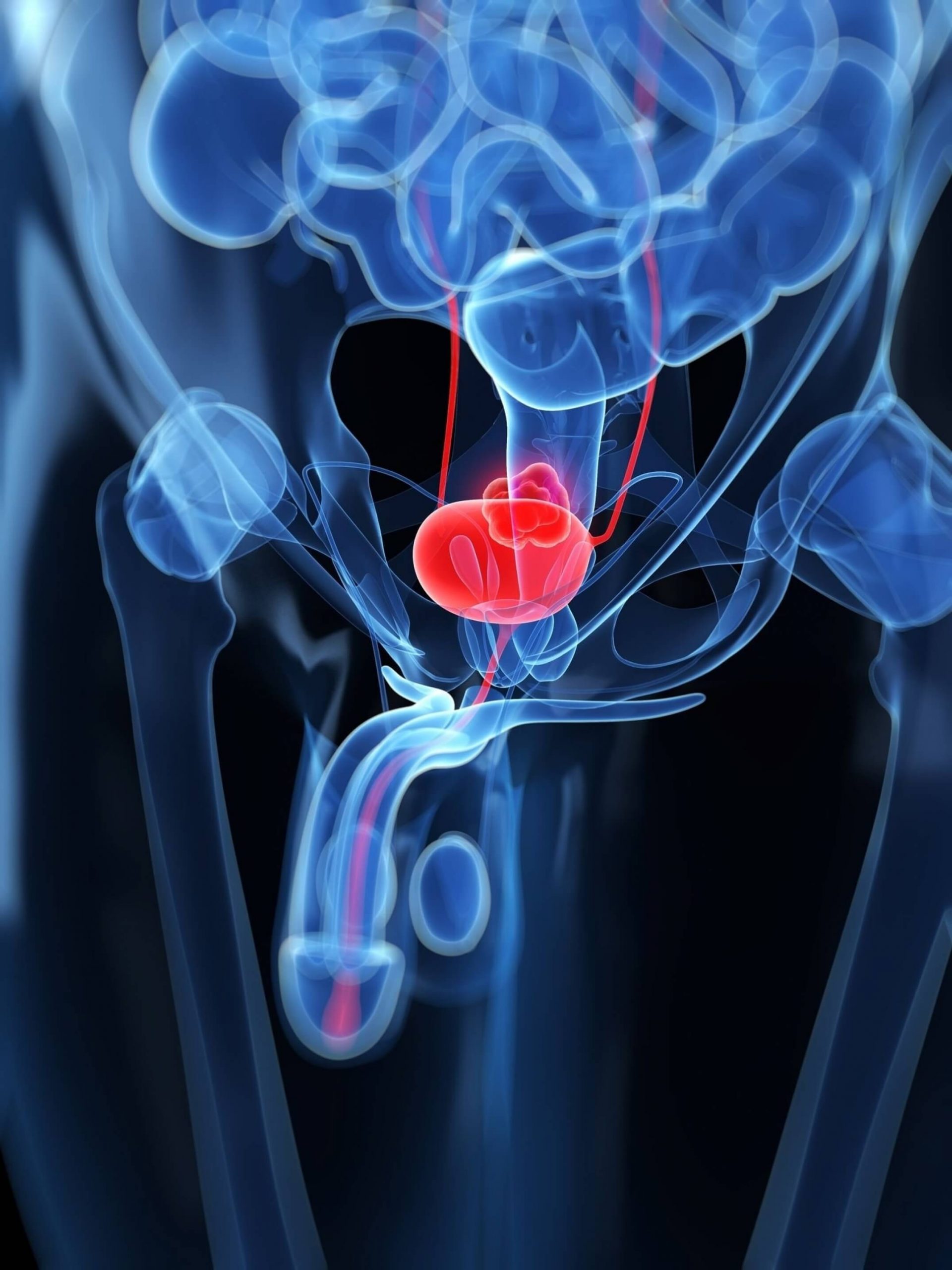
Circumcision is a religious or cultural ritual for many Jewish and Islamic families, as well as certain aboriginal tribes in Africa and Australia. Circumcision can also be a matter of family tradition, personal hygiene or preventive health care.
Sometimes there’s a medical need for circumcision, such as when the foreskin is too tight to be pulled back (retracted) over the glans. In other cases, particularly in parts of Africa, circumcision is recommended for older boys or men to reduce the risk of certain sexually transmitted infections.
The risks of not being circumcised, however, are not only rare, but avoidable with proper care of the penis.
Circumcision might not be an option if certain blood-clotting disorders are present. Also, circumcision might not be appropriate for premature babies who still require medical care in the hospital nursery or for babies born with abnormalities of the penis.
Circumcision doesn’t affect fertility, nor is circumcision generally thought to enhance or detract from sexual pleasure for men or their partners.
The most common complications associated with circumcision are bleeding and infection. Side effects related to anesthesia are possible as well.
Rarely, circumcision might result in foreskin problems. For example:
Before circumcision, the doctor will explain the risks and benefits of the procedure. Whether you’re planning to have your son circumcised or you’re pursuing circumcision for yourself, you’ll likely need to provide written consent for the procedure.
Newborn circumcision is often done in the hospital nursery, usually within 10 days after birth.
For newborn circumcision, your son will lie on his back with his arms and legs restrained. After the penis and surrounding area are cleansed, an anesthetic will be injected into the base of the penis or applied to the penis as a cream. A special clamp or plastic ring will be attached to the penis, and the foreskin will be removed.
Afterward, the penis will be covered with an ointment, such as a topical antibiotic or petroleum jelly, and wrapped loosely with gauze. The procedure generally takes about 10 minutes.
Circumcision is similar for older boys and adults. However, the procedure might need to be done under general anesthesia, recovery might take longer and the risk of complications might be greater when done later in life.
It usually takes seven to 10 days for the penis to heal. The tip of the penis is likely to be sore at first, and the penis might look red, swollen or bruised. You might notice a small amount of yellow fluid on the tip of the penis as well.
If your newborn is fussy as the anesthetic wears off, hold him gently — being careful to avoid putting pressure on the penis.
It’s OK to wash the penis as it heals. For newborns, change the bandage with each diaper change, and apply a dab of petroleum jelly to the tip of the penis to keep it from sticking to the diaper. Change your baby’s diaper often, and make sure the diaper is loosely fastened.
If there’s a plastic ring instead of a bandage, it will drop off on its own — usually within about a week. Once the penis heals, wash it with soap and water during normal bathing.
Obstructive uropathy can be a problem in an unborn fetus. One of the signs of obstruction in an unborn baby is a level of amniotic fluids in the womb that’s lower than normal. Urine is one of the components of amniotic fluid. A fetus with obstructive uropathy is unable to urinate outside its body. This leads to a drop in amniotic fluid volume, which can lead to fetal or birthing complications..
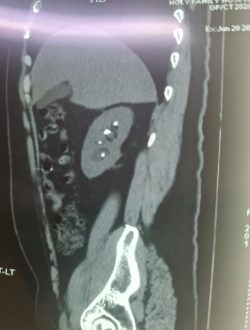
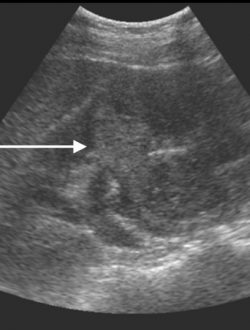

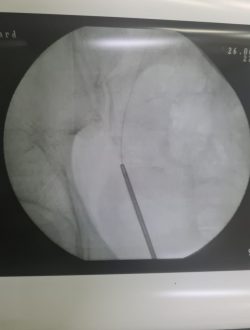
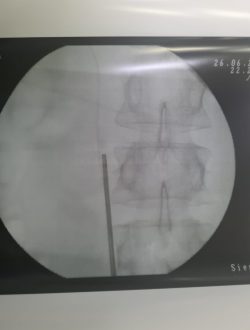
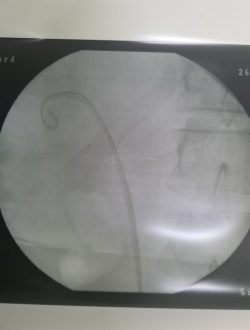
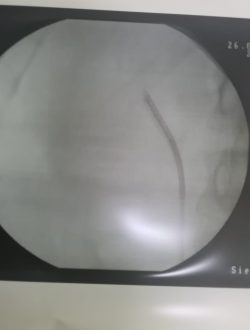
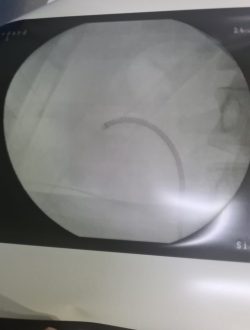
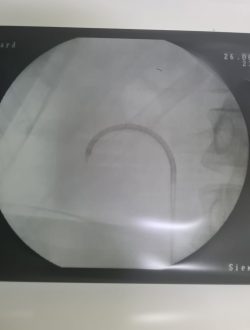
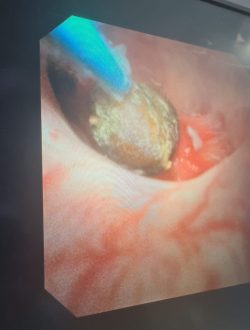
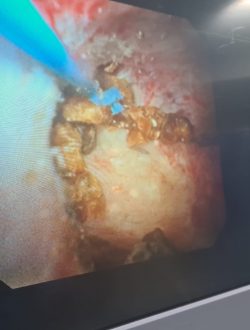
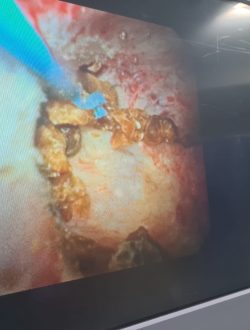
Dr. Utture is Outstanding Doctor who gave good treatment to my 75 years old mother who was suffering from Kidney problem and stomach ache since last 3 years.
Thanks to Dr. Utture
Regards
I have been treated by Dr Anand Utture for multiple kidney stones.He is very knowledgeable, gives right advice, easily approachable and explains in simple language the problem and course of treatment.Takes special care of his patients, truly dedicated doctor
Extremely grateful to Dr Anand Utture for his timely and accurate diagnosis for treating my mother (81 years) for her kidney stones.
very experienced urologist & has done correct diagnosis & treatment of My Grandmother(81 yrs) for kidney stones.





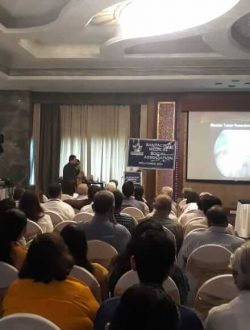









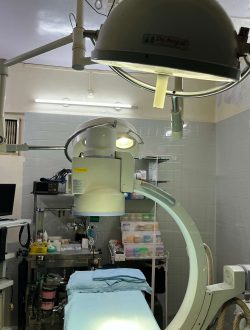
Dr Anand Utture is a Senior Urologist who is internationally recognized for his surgical expertise and academic contribution to the field of Urology.
Book AppointmentMake an appointment with your doctor if you have any signs and symptoms that worry you.
Seek immediate medical attention if you experience:

